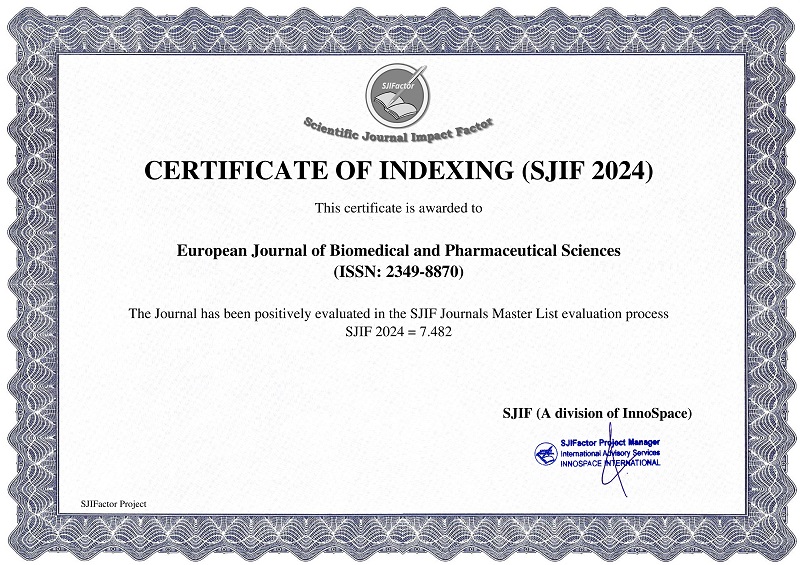STUDY OF PERCUTANEOUS CHOLECYSTOSTOMY OUTCOMES IN PATIENTS HOSPITALIZED FOR ACUTE CHOLECYSTITIS
*Dr. Jameel Abdul Jabbar Salman and Dr. Mohammed Saeed Hasan
ABSTRACT
Our study aimed to examine outcomes and prognosis of percutaneous cholecystostomy (PC) in patients hospitalized for acute cholecystitis. We compared clinical profiles, length of hospital stays and survival between patients with acute calculus cholecystitis who did (n=15) and did not (n=150) undergo percutaneous cholecystostomy. Those who underwent PC were older and with a poorer clinical profile; and their 30-day and 1-year mortality rates were higher (11% vs. 1.5%, and 22% vs. 6.5%, respectively, p<0.001 for both). In a logistic regression model, PC status was associated with increased 30-day mortality (OR 3.051, 95% CI 0.798-10.354, p=0.195) after adjustment for age, sex, American Society of Anesthesiologists score, disease severity index and cholecystectomy. The most deleterious effect on hospital stay was observed among patients with moderately severe disease. Percutaneous cholecystostomy should be offered only to very high-risk patients. In patients unresponsive to conservative treatment with moderately severe disease, laparoscopic cholecystectomy is the preferred treatment. It can be concluded from our study that percutaneous cholecystostomy in patients with acute calculus cholecystitis is associated with worse prognosis, longer hospitalization periods, and higher 30-day and one-year mortality.
Keywords: Acute cholecystitis, Percutaneous cholecystostomy, Hospitalization, Mortality.
[Full Text Article]
[Download Certificate]


 Impact Factor : 8.181
Impact Factor : 8.181 






